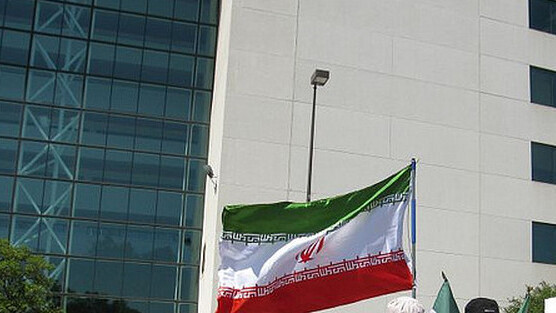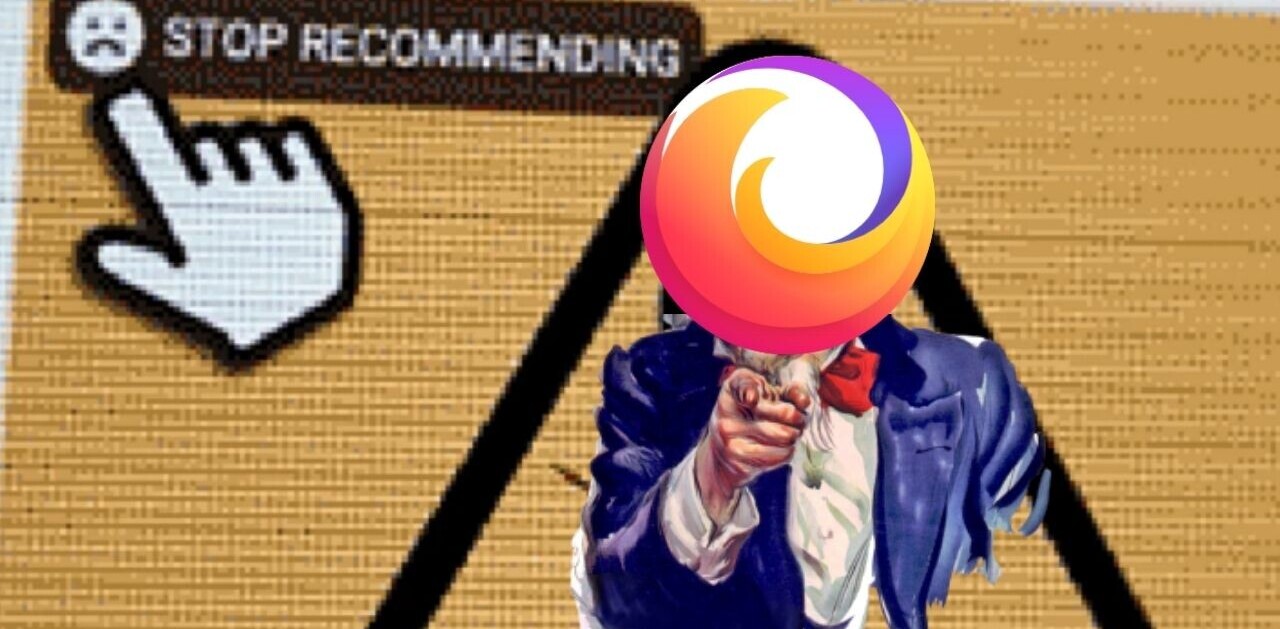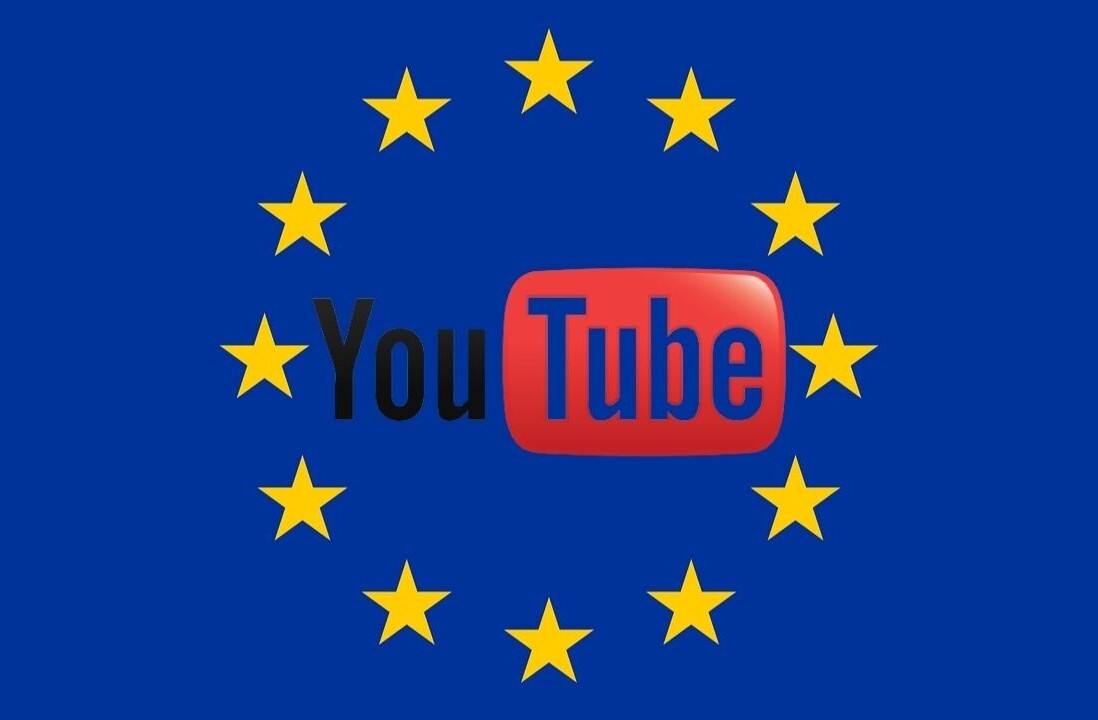
If you live in Iran, and want to yuck it up to a few YouTube clips over a drink with a friend or two, you will have to access the site through a virtual private network, or VPN, as the website is blocked in the country.
Naturally, VPNs are popular as using an Internet connection that is cut off from large swaths of the web’s most popular content and services would be a weak experience indeed. The ban appears to be unlikely to lift, it should be noted From TNW’s previous reporting:
[A]cording to Mohammad Reza Miri, who is part of the Internet censorship team within the telecommunications ministry committee, “We absolutely do not want YouTube to be accessible.”
Now, why is the site blocked in the country? According to Agence France-Presse, the ban came into effect after the disputed 2009 election in the country, and is part of a larger effort:
[Iran] has also been trying to stop its population accessing a number of foreign websites authorities see as undermining the Islamic regime, including popular social networking sites Facebook and Twitter, as well as the online pages of many Western media outlets, blogs, and pornographic hubs.
The horror.
Widespread VPN usage in the country, of which around half its population is connected to the Internet, does imply that the new YouTube competitor – http://www.mehr.ir – will in fact be forced to go head on with the very Google product that it is designed to replace. It won’t fare well.
In case you wanted to take the new service for a spin, TNW could not manage to load the site here in the United States. However, we were able to load it from Bangkok.
Here is a shot of the site in action:

Also, let us take a moment to remind ourselves that even among more oppressive government, dissent can flourish, one virtual private connection at a time.
Top Image Credit: Claudia A. De La Garza
Get the TNW newsletter
Get the most important tech news in your inbox each week.





